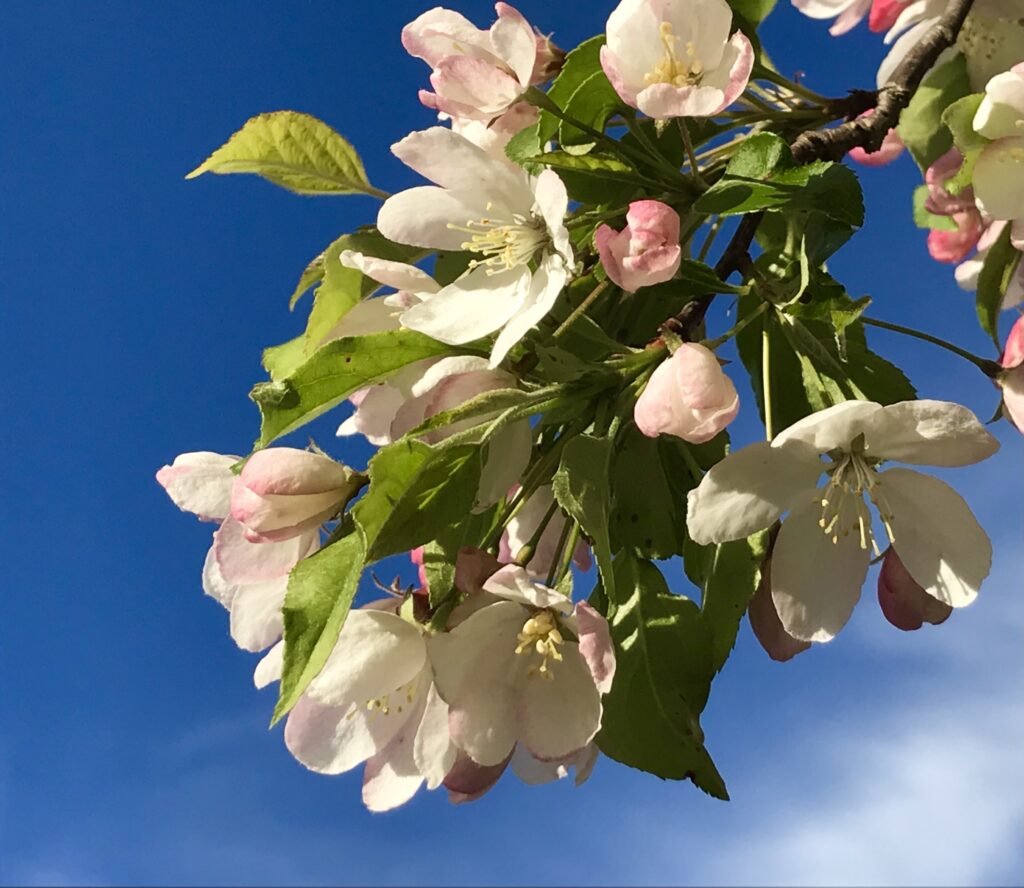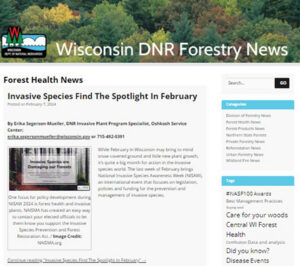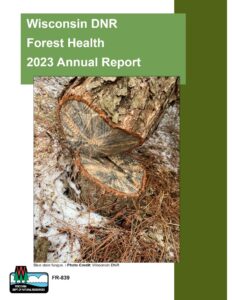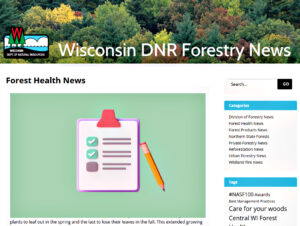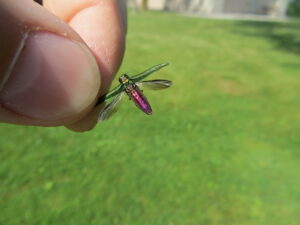By Art Kabelowsky, DNR Outreach and Communications, Fitchburg;
Arthur.Kabelowsky@wisconsin.gov or 608-335-0167
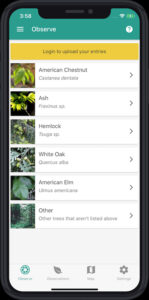
The main page of the TreeSnap app as seen on a mobile phone. / Photo Credit: TreeSnap.org
It takes more than a village to foster healthy forests. More than a township, a city and a county, too. Sometimes, even more than a state.
That’s why the Great Lakes Basin Forest Health Cooperative (GLB FHC) was formed four years ago by Holden Arboretum in Ohio and the U.S. Department of Agriculture Forest Service.
Geographically, the group’s region encompasses an area from New Jersey to Wisconsin. The Wisconsin Department of Natural Resources (DNR) is an active member.
Continue reading “Cooperative Enlists Public To Make Tree Health A Snap”

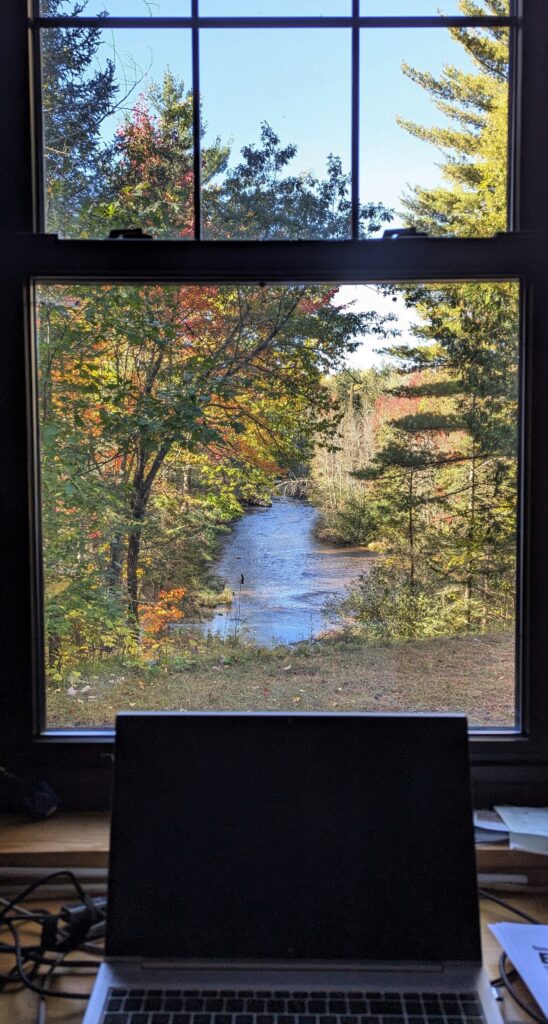 Employee attitudes and well-being improve with exposure to nature. Think about it. Every weekday we commute to work, only to be met by a dark cubicle in shades of beige and grey. Ever wonder why your mood starts to match the walls? It’s because the workplace environment contributes to employee health. We’ve known this to be true (anecdotally) for a long time, but mounting scientific evidence proves our urban and community forests have beneficial effects on employee performance.
Employee attitudes and well-being improve with exposure to nature. Think about it. Every weekday we commute to work, only to be met by a dark cubicle in shades of beige and grey. Ever wonder why your mood starts to match the walls? It’s because the workplace environment contributes to employee health. We’ve known this to be true (anecdotally) for a long time, but mounting scientific evidence proves our urban and community forests have beneficial effects on employee performance. 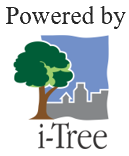 The trees on school properties mirror those of the surrounding urban forest in composition but not in coverage.
The trees on school properties mirror those of the surrounding urban forest in composition but not in coverage.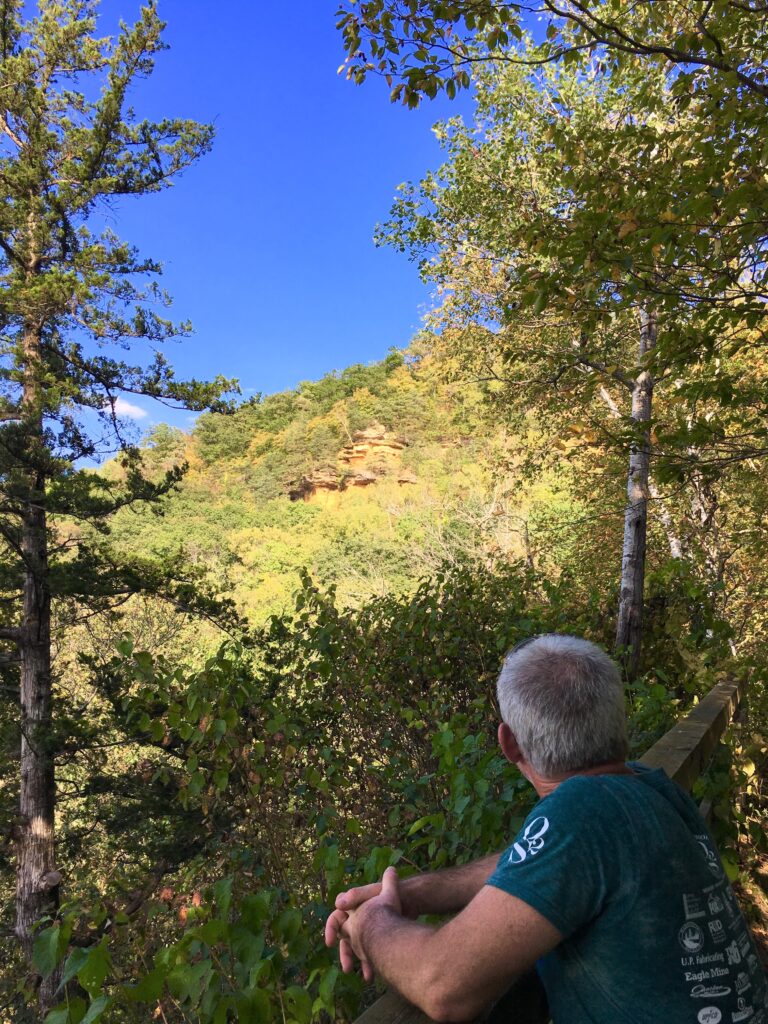 Over the years, a growing body of research has proven that regular access to trees makes us happier and healthier. They restore our sense of calm from head to toe — improving memory and attention span, enhancing cognitive functioning, lowering blood pressure, and reducing cortisol levels.
Over the years, a growing body of research has proven that regular access to trees makes us happier and healthier. They restore our sense of calm from head to toe — improving memory and attention span, enhancing cognitive functioning, lowering blood pressure, and reducing cortisol levels.